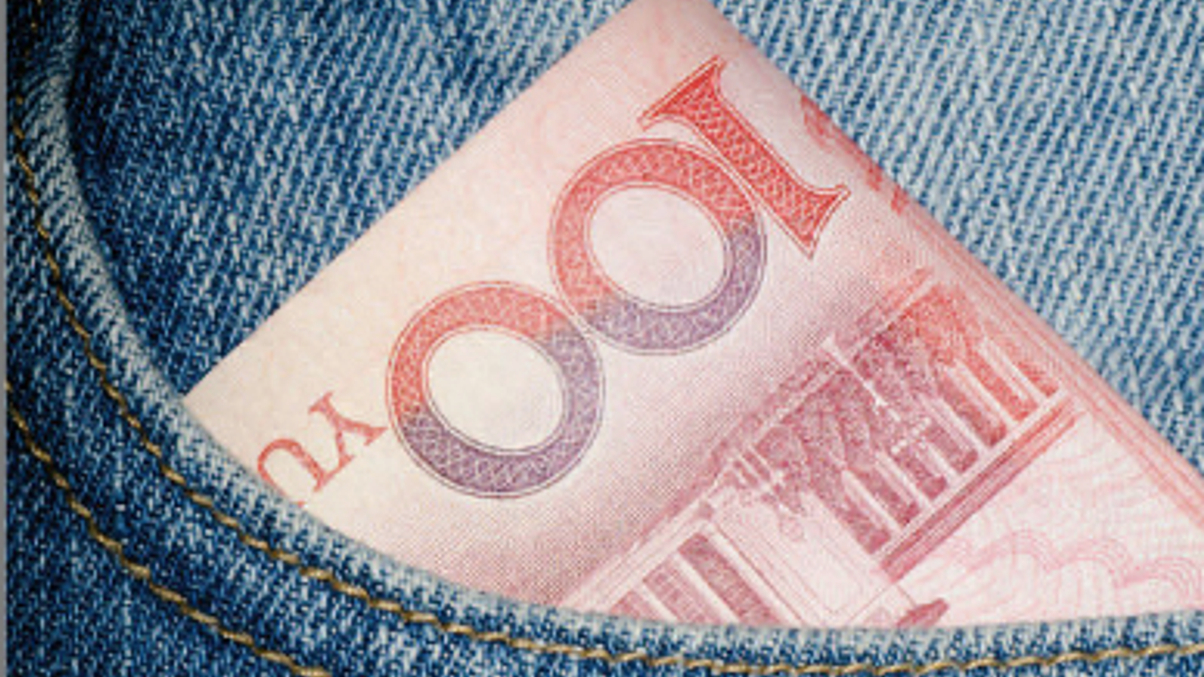HKIFA talks up fund sales record, RMB share classes
Bond funds dominate as sales are set to top 2007 levels. New HKIFA chairman Lieven Debruyne says it's time the city was able to offer RMB-hedged share classes on a range of products.

Hong Kong is on course to smash its 2007 record high for fund sales this year, more than tripling the tally of three years ago, finds the Hong Kong Investment Funds Association (HKIFA).
Sign in to read on!
Registered users get 2 free articles in 30 days.
Subscribers have full unlimited access to AsianInvestor
Not signed up? New users get 2 free articles per month, plus a 7-day unlimited free trial.
¬ Haymarket Media Limited. All rights reserved.


